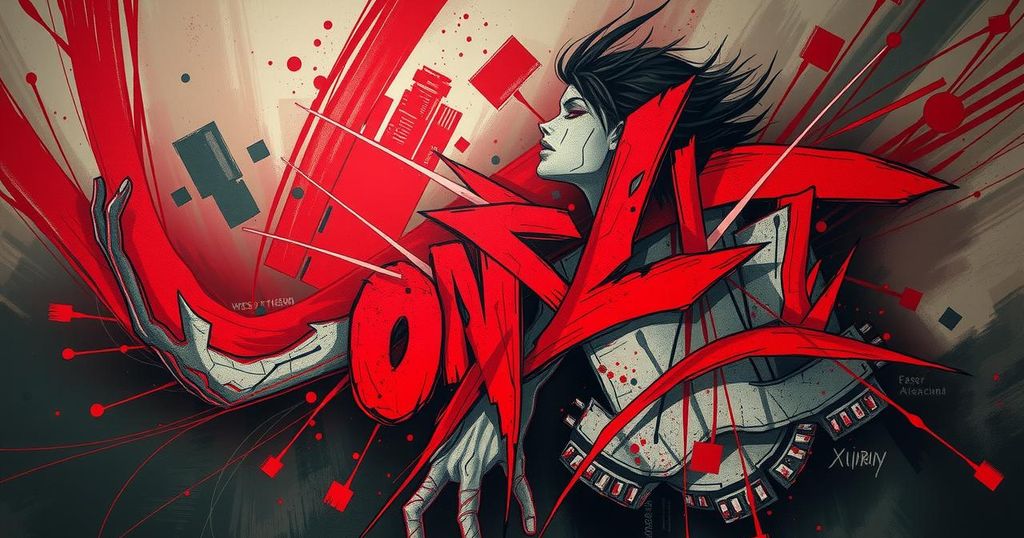Escalating Tensions in South Sudan: Risks of Renewed Civil War
South Sudan faces escalating tensions that may lead to a civil war, highlighted by President Salva Kiir’s crackdown on Vice President Riek Machar’s allies. The seizure of Nasir by the White Army militia, dismissals of Machar’s allies, and military violence against civilians signal deteriorating conditions. This unrest coincides with the country’s resumed oil production, amid hopes for economic recovery but overshadowed by political instability.
South Sudan appears to be teetering on the brink of civil war amid rising tensions involving Vice President Riek Machar. Recently, unrest has escalated in Juba, the capital, following the arrest of pivotal allies of Machar, including Petroleum Minister Puot Kang Chol, along with his bodyguards and family. Both Machar and Chol belong to the Nuer ethnic group, while President Salva Kiir, who instigated the crackdown, is from the Dinka majority, highlighting their historical rivalries.
The situation intensified after the White Army, a militia representing Machar’s Nuer faction, took control of Nasir, a crucial town in Upper Nile State, from government forces. Machar has long supported this militia during previous conflicts. Following the 2018 peace agreement, Machar and Kiir had planned to unify various ethnic militias into a national army by 2022; however, these negotiations have ground to a halt.
In February, Kiir’s administration dismissed several of Machar’s allies, including the health minister, without prior consultation, breaching the terms of their peace accord. Subsequent violence erupted when Kiir’s troops attacked civilians in a busy Nasir market during a UN mission meeting, resulting in the retaliatory killing of at least four soldiers by armed youths. This prompted military airstrikes against Machar loyalists, marking a concerning escalation in violence.
Adding to the complexity, this turmoil arises just months after South Sudan resumed oil production, aimed at providing crucial financial support to a nation grappling with dire poverty and instability. The unfolding events cast a shadow on the prospects for peace and stability in this war-torn country.
The current trajectory of violence and political discord in South Sudan signals a potential return to civil war, particularly in light of President Kiir’s aggressive actions against Vice President Machar and his allies. The historical ethnic tensions between the Dinka and Nuer groups, coupled with stalled peace negotiations and recent military actions, underscore the fragility of the situation. The return to oil production offers a glimmer of economic hope but does little to mitigate the deep-rooted political crises threatening to destabilize the region further.
Original Source: www.gzeromedia.com




Post Comment